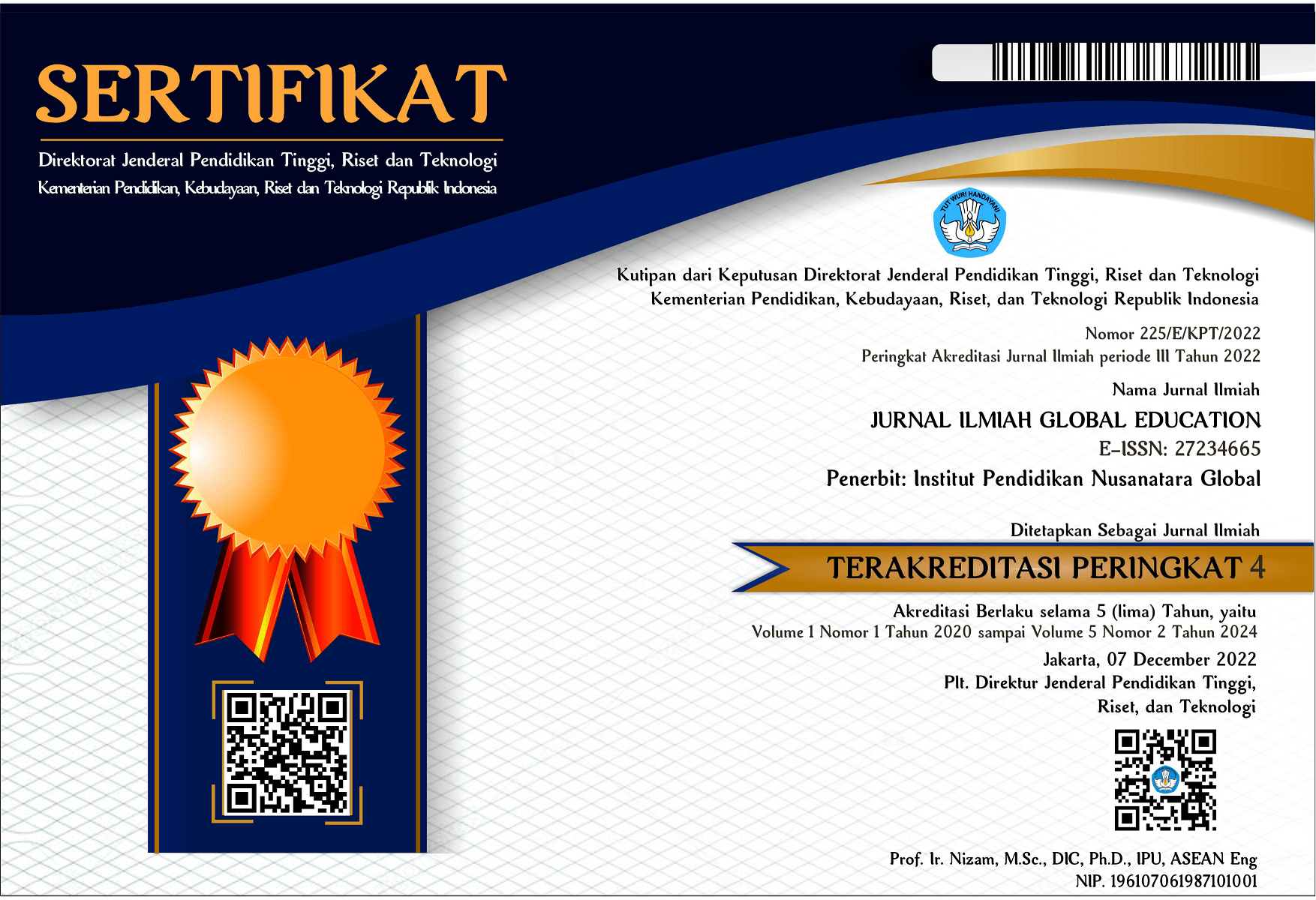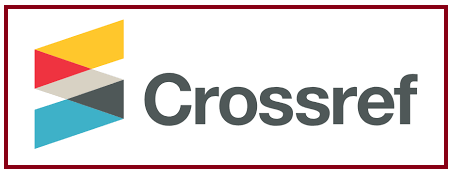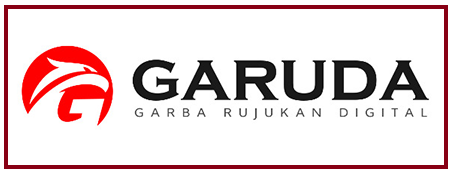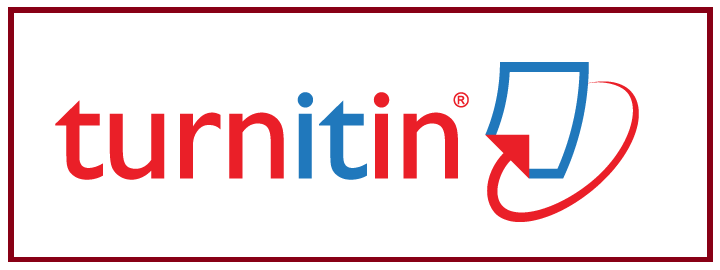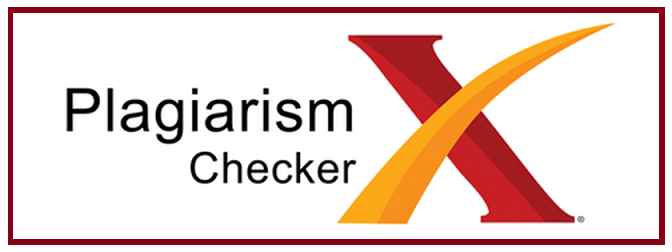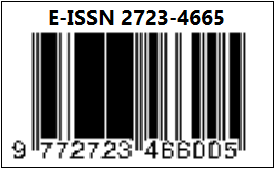Pengaruh Kapasitas Penyerapan terhadap Kinerja UMKM dengan Kelincahan Pemasaran sebagai Variabel Mediasi
DOI:
https://doi.org/10.55681/jige.v5i4.3674Keywords:
Absorption Capacity, Adaptability, Marketing Agility, MSME Performance, Strategic RoleAbstract
Micro, Small, and Medium Enterprises (MSMEs) have a strategic role in strengthening a sustainable economy, with their ability to adapt to market changes and create products or services that meet local and global needs. MSMEs contribute significantly to job creation and inclusive economic growth. The performance and sustainability of MSMEs are influenced by internal and external factors, including absorption capacity and marketing agility. Absorption capacity refers to the ability of MSMEs to absorb, manage, and apply new knowledge to improve competitiveness and performance. Marketing agility serves as a mediator that ensures the knowledge absorbed can be applied to improve business performance. This study aims to examine the influence of absorption capacity on the performance of MSMEs with marketing agility as a mediating variable. The research method used is quantitative with a primary research approach. Data was collected through a questionnaire distributed to 200 MSME actors in Waingapu City District. Data analysis uses Partial Least Squares (PLS) to test the influence between absorption capacity, marketing agility, and MSME performance. The results of the study show that absorption capacity has a positive effect on the performance of MSMEs, both directly and through marketing agility as a mediator. These findings contribute to the understanding of the factors that drive the improvement of MSME performance, as well as the importance of adaptability to market changes in increasing the competitiveness of MSMEs.
Downloads
References
Al Farisi, S., Iqbal Fasa, M., & Suharto. (2022). Peran Umkm (Usaha Mikro Kecil Menengah) Dalam Meningkatkan Kesejahteraan Masyarakat. Jurnal Dinamika Ekonomi Syariah, 9(1), 73–84. https://doi.org/10.53429/jdes.v9ino.1.307
Andriyanto, F. (2022). Pengaruh Inovasi Kolaboratif, Kapasitas Daya Serap, Dan Kemampuan Inovasi Terhadap Kinerja Produk Baru.
Apip Alansori, S. E., & Erna Listyaningsih, S. E. (2020). Kontribusi UMKM terhadap kesejahteraan masyarakat. Penerbit Andi.
Ardiansyah, M. (2011). Kontribusi UMKM terhadap Perekonomian Indonesia. UMKM Outlook Report.
Bagaskara, G. D. (2021). Peningkatan Kinerja Bisnis Melalui Knowledge Sharing Capability, Knowledge Absortive Capability Dan Innovation Capability Ekonomi Program Studi Manajemen Semarang 2021.
Dewantoro, B., Putranto, A., & Purwanto, H. (2023). Pengaruh Kompetensi Sumber Daya Manusia dan Inovasi Produk Terhadap Kinerja UMKM. MAGNA: Journal of Economics, Management, and Business, 2(1), 60–72.
Farida, & N. (2020). Pengaruh Orientasi Pasar Dan Orientasi Kewirausahaan Terhadap Kinerja Pemasaran Melalui Inovasi Produk Sebagai Variabel Intervening (Studi Pada Umkm Kuningan Juwana Kabupaten Pati). Jurnal Ilmu Administrasi Bisnis, 9(3), 345–352. https://doi.org/10.14710/jiab.2020.28117
Fibriyani, V., & Mufidah, E. (2018). Pengaruh faktor eksternal dan internal terhadap kinerja UMKM di kota pasuruan. Jurnal Penelitian Ekonomi Dan Akuntansi, 3(3), 873–886.
Gunistiyo, & Hanfan, A. (2019). Manajemen Pemasaran: Membangun Kinerja Pemasaran Umkm. In Indonesian Research Society (IRS).
Ichsan, M., Farida, N., & Listyorini, S. (2022). Marketing Strategy, Competitive Advantage and Marketing Performance: Study of Small Medium-Size Enterprises at Ancol. Journal of Applied Business, Taxation and Economics Research, 1(3), 285–301.
Iriantini, D. B., & Purnomo, H. (2023). Manajemen Pemasaran: Meningkatkan Kinerja Pemasaran Bisnis UMKM melalui Iconic Ethnical Product. In Management Pemasaran.
Irwan, & Adam, K. (2020). Metode Partial Least Square (Pls) Dan Terapannya. Teknosains, 9(1), 53–68.
Juliandi, A. (2018). Structural Equation Model Partial Least Square (SEM-PLS) Menggunakan SmartPLs. Jangan Belajar, 1(was), 1–4.
Kalaignanam, K., Tuli, K. R., Kushwaha, T., Lee, L., & Gal, D. (2021). Marketing agility: The concept, antecedents, and a research agenda. Journal of Marketing, 85(1), 35–58.
Khan, H., Mavondo, F., & Zahoor, N. (2022). Integration of outside-in and inside-out entrepreneurial marketing capabilities, marketing agility and resources for entrepreneurial firm performance. International Journal of Entrepreneurial Behavior & Research.
Kosasi, S., & Yuliani, I. D. A. E. (2017). Improving organizational agility of micro, small, and medium enterprises through digital marketing strategy. 2017 2nd International Conferences on Information Technology, Information Systems and Electrical Engineering (ICITISEE), 68–72.
Laila, A., & Cahyono. (2024). Meningkatkan Innovation Performance: Melalui Absorptive Capacity, Knowledge Management Capability, Dan Generational Diversity. Jurnal Ekonomi Dan Bisnis, 21(1), 58. https://doi.org/10.30659/ekobis.21.1.58-71
Larassaty, A. L., Novie, M., Tanaya, V., & Prastyawati, E. E. (2022). Trend Seminar Online Kewirausahaan; Kapabilitas Daya Serap Pengetahuan sebagai Mediasi Knowledge Sharing Anggota UKM dalam Menciptakan Inovasi UKM di Sidoarjo. Journal of Research and Technology, 8(1), 75–86.
Marx. (2024). Agile Marketing Sebagai Solusi Business Disruption Menuju Kebangkitan Bisnis Umkm Pasca Covid-19. Modus, 33(2), 196–211. https://doi.org/10.24002/modus.v33i2.4662
Motwani, J., & Katatria, A. (2024). Organization agility: a literature review and research agenda. International Journal of Productivity and Performance Management.
Pangan, P., & Tune, M. W. (2024). Sosains jurnal sosial dan sains. 4, 151–159.
Pranatasari, F. D. (2021). Agile Marketing Sebagai Solusi Business Disruption Menuju Kebangkitan Bisnis Umkm Pasca Covid-19. Modus, 33(2), 196–211. https://doi.org/10.24002/modus.v33i2.4662
Rahadi, D. R. (2023). Pengantar Partial Least Squares Structural Equation Model (PLS-SEM) 2023. CV. Lentera Ilmu Madani, Juli, 146.
Raturi, V., & Verma, A. (2017). Analyzing competition between High Speed Rail and Bus mode using market entry game analysis. Transportation Research Procedia, 25, 2373–2384.
Sari, F. I., Slamet, A., & Kanetro, B. (2022). Sifat Fisikokimia dan Tingkat Kesukaan Bubur Instan Campuran Labu Kuning, Beras Merah dan Kacang Tunggak (Vigna unguiculata). JITIPARI (Jurnal Ilmiah Teknologi Dan Industri Pangan UNISRI), 7(2), 166–180. https://doi.org/10.33061/jitipari.v7i2.7407
Sipur, S., & Almastoni, A. (2021). Analisis UMKM Dan Pengaruhnya Terhadap Pertumbuhan Ekonomi. Jurnal Ilmiah Core IT: Community Research Information Technology, 9(4).
Situmorang, T. P. (2023). Quality-Based Differentiation Mediating Entrepreneurial Orientation and Marketing Performance. JMKSP (Jurnal Manajemen, Kepemimpinan, Dan Supervisi Pendidikan), 8(2), 637–651.
Situmorang, T. P., Ferdinand, A. T., & Indriani, F. (2024). Preemptive market exploitability: resource advantage theory of competition perspective. Business: Theory and Practice, 25(1), 252–262.
SUDIBYO, A. A. (2016). Perpustakaan Universitas Airlangga. Toleransi Masyarakat Beda Agama, 30(28), 5053156.
Sugiono. (2019). Bab iii metoda penelitian. Jurnal Akuntansi Dan Keuangan, 3, 1–9.
Sugiyono. (2018). Pengertian instrumen yang valid. Tinjauan Keaktifan Belajar Siswa Pada Mata Pelajaran Ekonomi Kelas XI Sma Pasundan 7 Bandung, 121.
Sulistiogo, A. (2019). Kinerja UMKM: Dampak kualitas SDM dan akses informasi terhadap akses permodalan. Jurnal Dinamika Manajemen Dan Bisnis, 2(1), 1–11.
Ukm, I., & Prastyawati, E. E. (2022). Trend Seminar Online Kewirausahaan; Kapabilitas Daya Serap Pengetahuan sebagai Mediasi Knowledge Sharing Anggota UKM dalam Menciptakan Inovasi UKM di Sidoarjo. 8(1), 75–86.
Vinatra, S., Bisnis, A., Veteran, U., & Timur, J. (2023). Peran Usaha Mikro, Kecil, dan Menengah (UMKM) dalam Kesejahteraan Perekonomian Negara dan Masyarakat. Jurnal Akuntan Publik, 1(3), 1–08. https://doi.org/10.59581/jap-widyakarya.v1i1.832
Windusancono, B. A. (2021). Upaya Percepatan Pertumbuhan Usaha Mikro Kecil Dan Menengah (Umkm) Di Indonesia. Mimbar Administrasi Fisip Untag Semarang, 18(1), 1–14.
Wuryandini, & Nugraha. (2023). Peningkatan Kinerja Umkm Di Semarang Ditinjau Dari Model Pengelolaan Keuangan, Sumber Daya Manusia, Strategi Pemasaran …. JEMB-Jurnal Ekonomi …, 2(1), 1–15.
Yanti, S. R., & Ilmiha, J. (2023). Pengaruh Faktor Eksternal dan Internal Terhadap Kinerja UMKM. IJM: Indonesian Journal of Multidisciplinary, 1(6), 2207–2216.
Downloads
Published
How to Cite
Issue
Section
License
Copyright (c) 2024 Sarinda A. Bili, Tumpal Pangihutan Situmorang, Yulita Mila Pakereng

This work is licensed under a Creative Commons Attribution-ShareAlike 4.0 International License.


